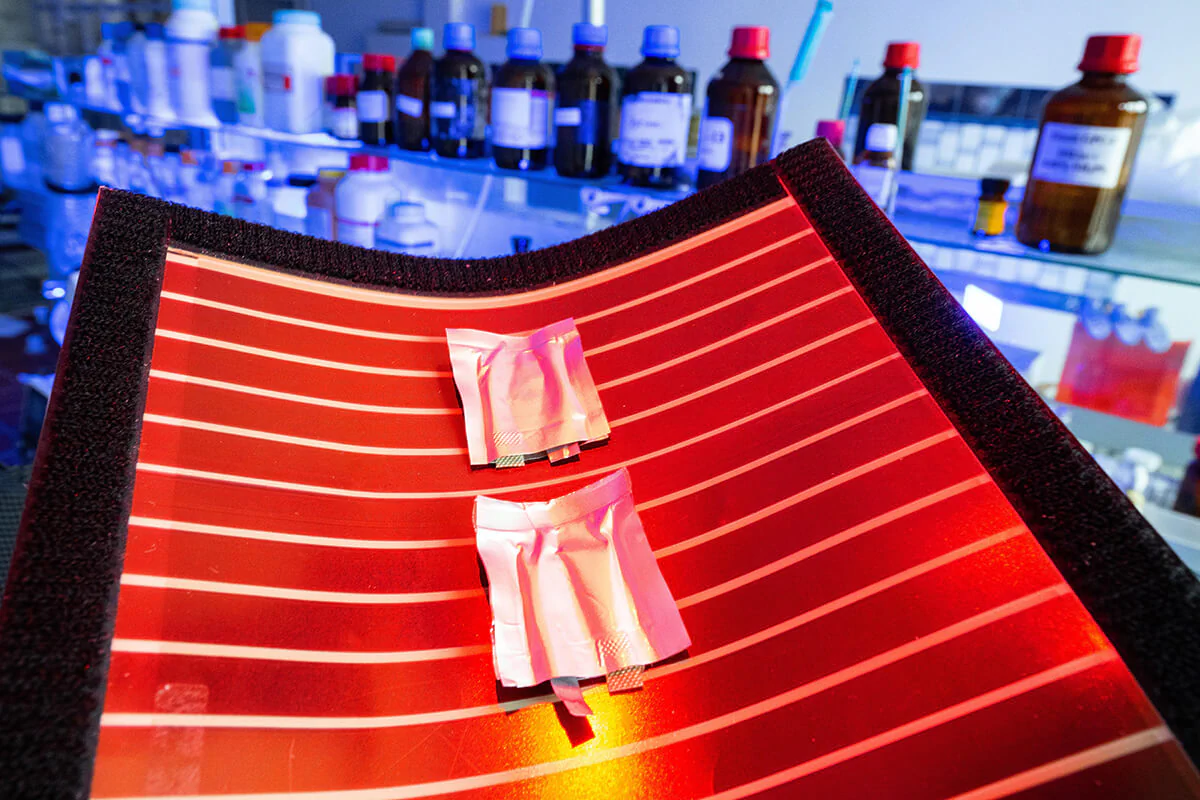The decision by the Senate of the Helmholtz Association of German Research Centers (HGF) to establish the new institute will expand the Helmholtz Association’s footprint as the largest German scientific organization in Thuringia. Starting in 2028, HIPOLE will receive up to 5.5 million euros annually from the federal government (90 percent) and Thuringia (10 percent). Thuringia will also provide up to 14 million euros to cover the costs of the institute’s buildings and equipment in the start-up phase. The state has been laying the foundations for this success story since 2014, when it established the Center for Energy and Environmental Chemistry (CEEC) and thus developed deep expertise in energy storage in Jena. Researchers at HIPOLE will be combining research methods and findings in polymer chemistry, materials science and artificial intelligence (AI) with state-of-the-art analytical methods. (hw)

